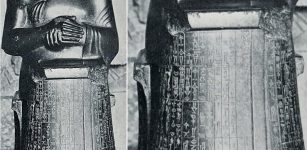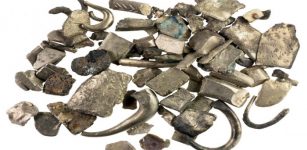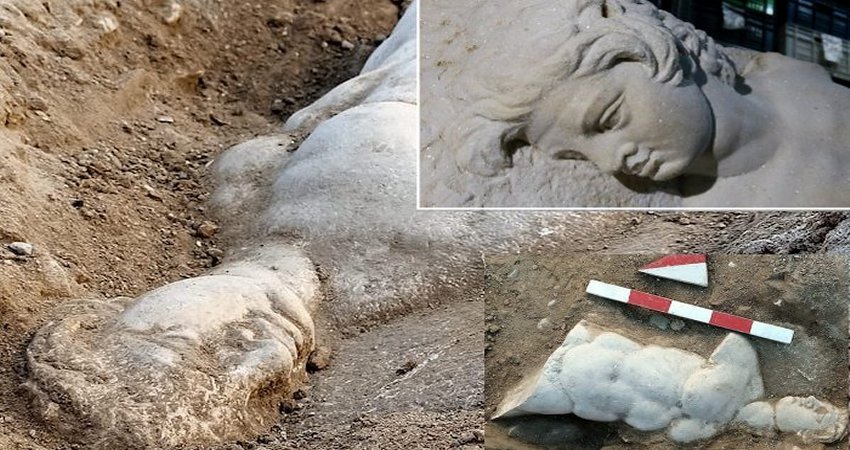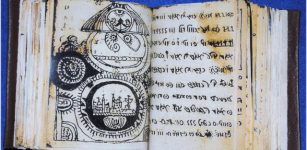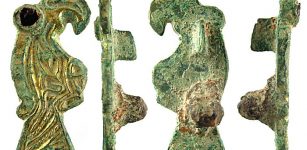Maximilien De Robespierre: A True Revolutionary Man Or A Madman?
MessageToEagle.com – Maximilien de Robespierre (6 May 1758 – 28 July 1794) was a French philosopher, journalist, scholar, judge, lawyer and an important official during the French Revolution (1789–1799).
Robespierre was one of the principal architects of the Reign of Terror and many have wondered: Was he a revolutionary or a madman?
He was born on May 6, 1758, at Arras, in the north of France. He studied the law and became a lawyer at 21 years old and was leader of the radical Jacobins in the National Assembly.
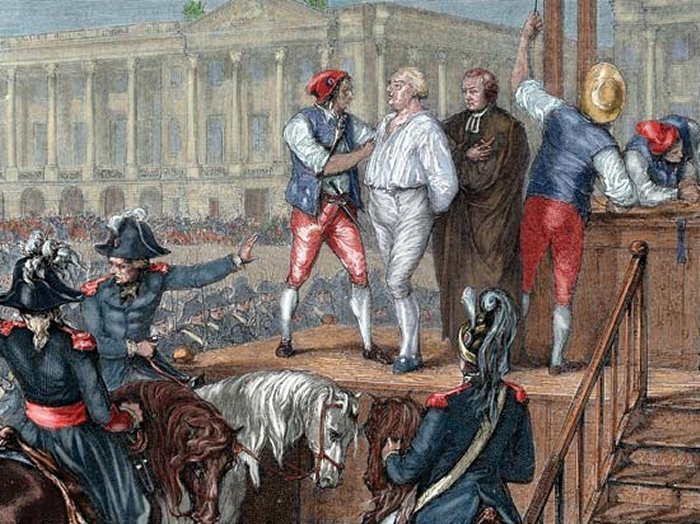
His main goal was to defend people’s rights, especially the more modest people’s ones. Soon, Robespierre became famous, calling for political change in the French monarchy.
Being a great supporter of philosopher Jean-Jacques Rousseau, Robespierre believed that a virtuous man who stands alone accompanied only by his conscience.
He critized the French monarchy, opposed the death penalty, slavery and gained a reputation for protecting the poorest of society and as a person with strict moral values, Robespierre earned the nickname “the incorruptible”.
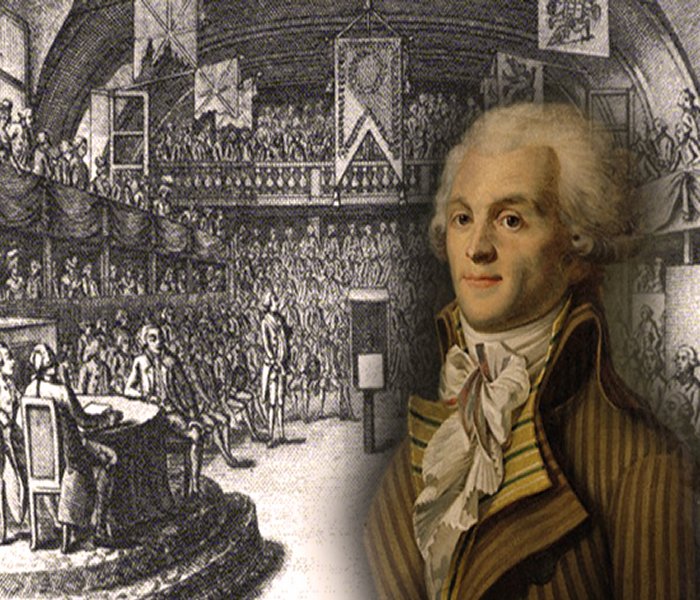
His power increased but at the same time, his popularity began to wane because some people considered him as extreme and too impractical.
See also:
Maximilien Robespierre Sent To The Guillotine – On July 28, 1794
Was Pocahontas A Real Historical Person?
Owain Glyndwr: Famous Medieval Welsh Warrior Prince And Symbol Of Independence
‘Bad King John’ Of England: His Lost Treasures Have Never Been Found
More Interesting Historical Figures
He gradually became paranoid about counterrevolutionary opposition and saw enemies everywhere.
In December 1792, Robespierre – an enemy of the aristocracy -strongly argued for the execution of the King Louis XVI.
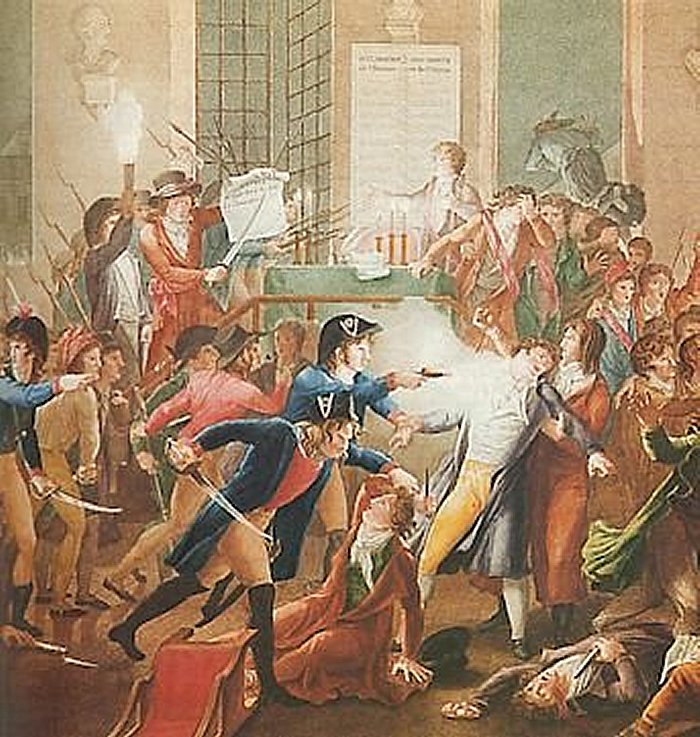
During the Reign of Terror of 1793–1794, he made many attempts to silence all enemies of the Revolution in an effort to save France from invasion.
In the next 11 months, 300,000 suspected enemies of the Revolution were arrested and more than 17,000 were executed, most by guillotine and thus, Robespierre eliminated many of his political opponents.
Seemingly intoxicated with the power over life and death, Robespierre called for more purges and executions. By the summer of 1794, many in the Revolutionary government began to question his motives, as the country was no longer threatened by outside enemies.
In 1794, Robespierre and many of his supporters were arrested and taken to prison.
On July 28, 1794, he and twenty one of his allies were guillotined.
MessageToEagle.com via AncientPages.com All rights reserved. This material may not be published, broadcast, rewritten or redistributed in whole or part without the express written permission of AncientPages.com
(Published with permission from AncientPages.com)




